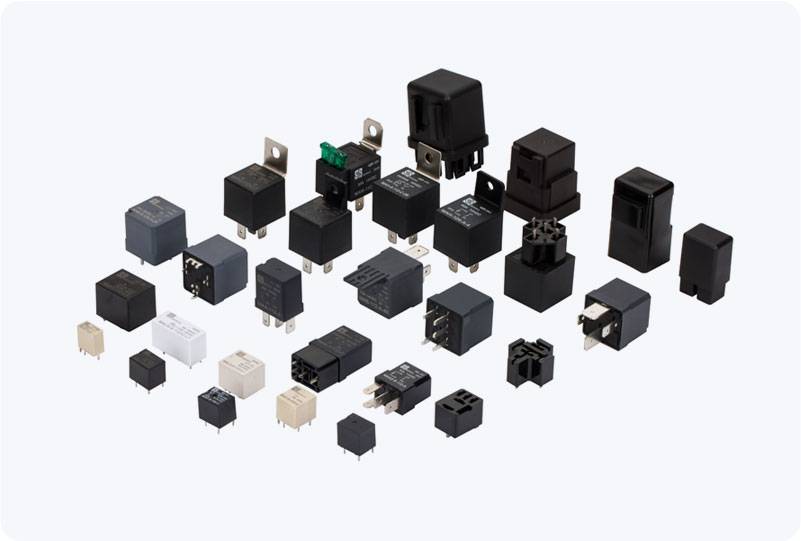understanding water valves: essential components for controlling water flow
Release time:2025-07-21 13:21:40
Water valves are critical components in various water management systems, designed to control the flow of water in pipelines. From domestic plumbing to large-scale industrial applications, these valves regulate and direct water in the most efficient way possible, ensuring smooth operations and preventing damage caused by excessive pressure or uncontrolled flow. In this article, we will explore the different types of water valves, their uses, and the importance of choosing the right valve for specific applications.

The Role of Water Valves in Water Systems
Water valves are used in a variety of systems, ranging from household plumbing to water distribution in factories, farms, and even power plants. Their primary function is to start, stop, or regulate the flow of water through pipes. They also prevent backflow, control water pressure, and allow for easy maintenance of water systems. Without these valves, managing water flow would be chaotic, leading to potential flooding, system failures, and damage to equipment.
The importance of water valves cannot be overstated. They ensure that water reaches its intended destination at the right time and in the correct amount. For instance, in irrigation systems, valves help control the distribution of water to crops, ensuring optimal growth conditions. In domestic settings, valves are used to shut off water during repairs or in the event of leaks, preventing costly water wastage.

